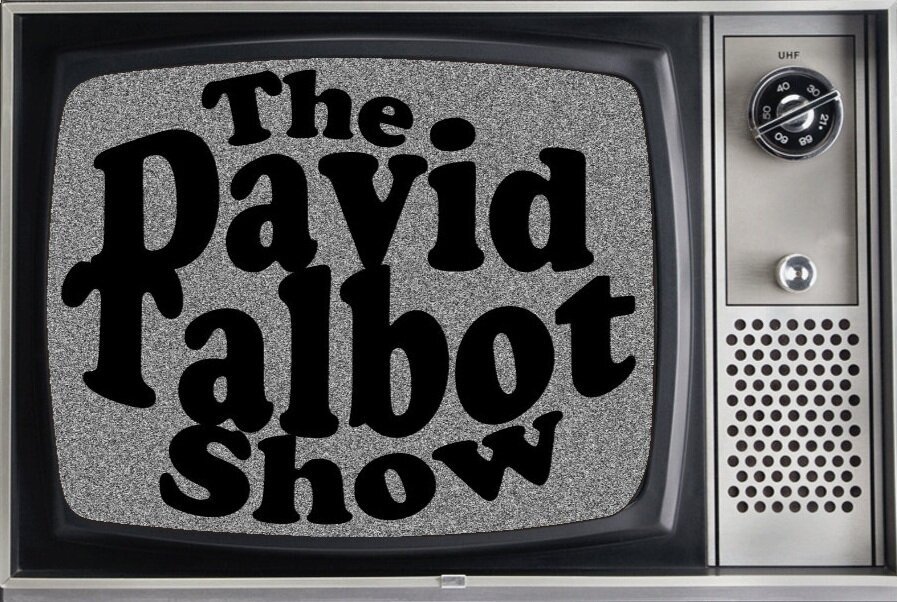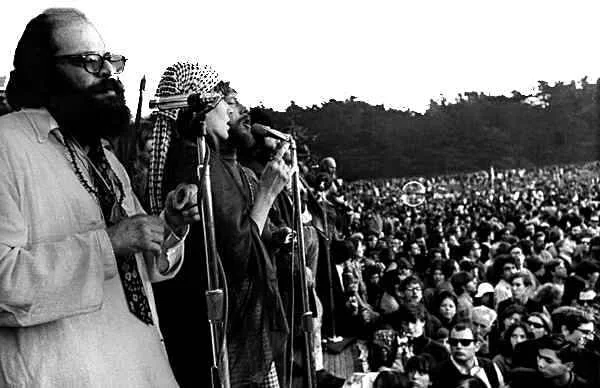The End of the World… As We Know It
We're awash in apocalyptic literature, TV shows and films these days -- and I don't have to tell you why. Plague, war (with a potential nuclear finale) and the lethal warming of the planet will do that. But if it's a happy ending you crave, I recommend Michael Robbins's sort-of cheerful cover essay in this month's Harper's magazine, "Apocalypse Nowish: The Sense of an Ending." Yes, Robbins is a poet and what does he know -- shouldn't doomsday predictions be written by scientists, environmentalists or other experts? But I'd much rather read people in ineffable touch with the culture or zeitgeist nowadays. And Robbins seem to be.
Robbins dismisses all the obvious players in the global struggle to save the Earth. The fossil fuel giants (and the political leaders they own) are determined to kill us all in their unquenchable thirst for profits. The war in Ukraine and pandemic shortages have made the people of the world even more desperate for the polluters' deadly products. Even radical environmentalists like Andrew Malm (author of How to Blow Up a Pipeline) look to government for solutions.
But Robbins sees the bright side of the coming apocalypse. Yes, millions are already dying or being forcibly displaced by climate change and its brutal consequences. But in the end, Robbins writes, those of us who survive (or our descendants) can remake the world in a healthier way.
It turns out that Robbins is the son of a 1960s-era hippie mother. Yes, he concedes, she and her tribe were often irresponsible about childrearing. But they gave him something invaluable -- a sense that we were living in a dying society and we were creating a different way of living.
As I wrote in Season of the Witch, this counterculture was born in some ways in January 1967 in San Francisco, where a "happening" known as the Human Be-In greeted the dawn of the new era at a mass gathering in Golden Gate Park.
"The night of bruted fear of the American eagle-beast body is over," wrote the Human Be-In organizers, including another poet, Allen Ginsberg (below). "Hang your fear at the door and join the future. If you do not believe, please wipe your eyes and see."
This is still the correct manifesto for today.
Robbins ends his essay this way: "Is it not when things are darkest, when all hope is lost, that one fights with abandon, shamelessly shoots for utopia? For then there is nothing left to lose. And I have heard that another word for nothing left to lose is freedom."
I tell young people (including my own family members, when they want to hear it) that the hippie era contains some useful lessons for surviving the apocalyptic future. Learn survival skills like mechanics, medicine, farming and storytelling. Take care of each other. Create the world you want to live in.
I find it a hopeful message. I've been learning it --- and teaching it -- since I was a young man. Together, we'll survive.

